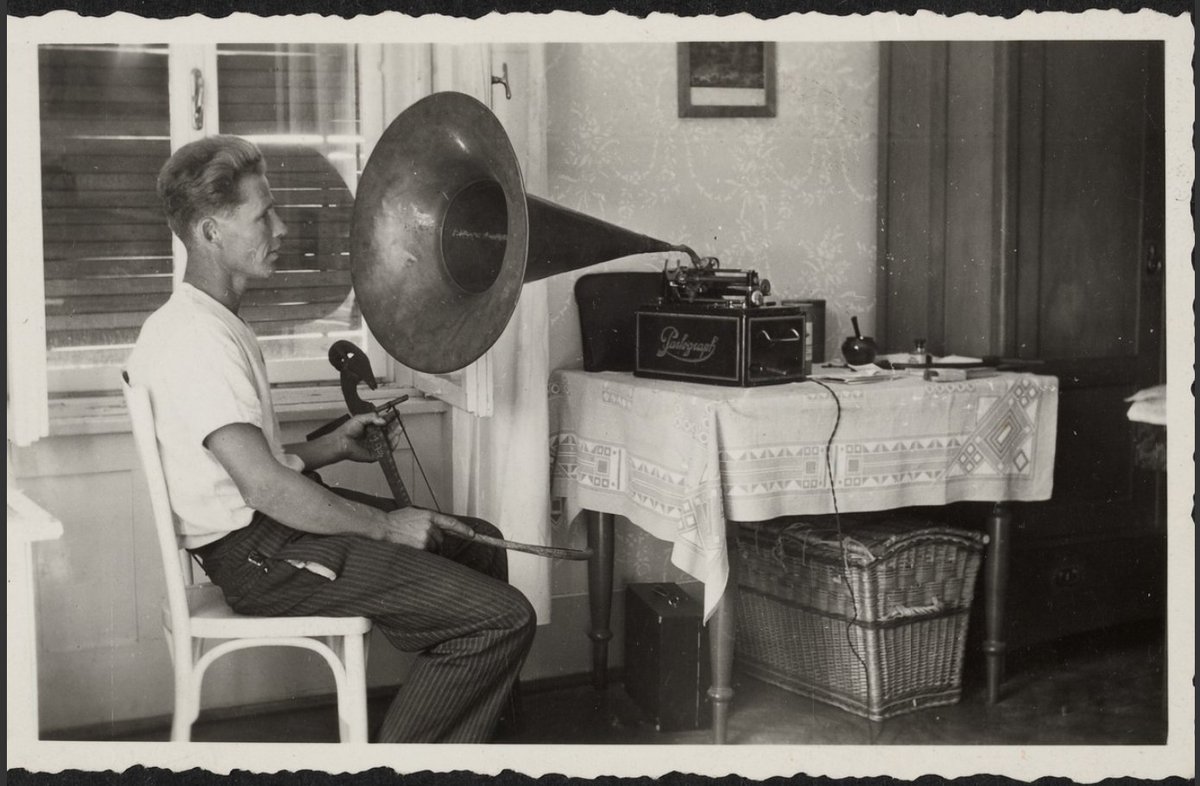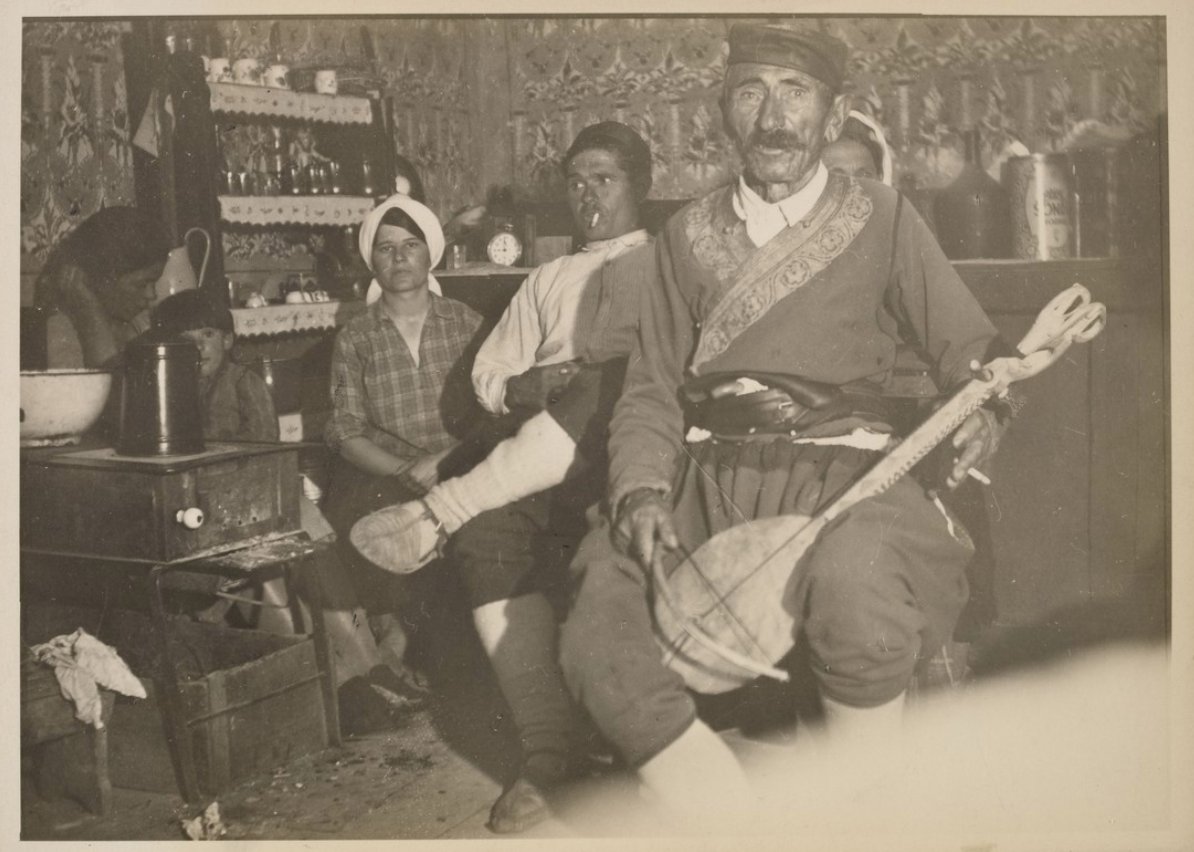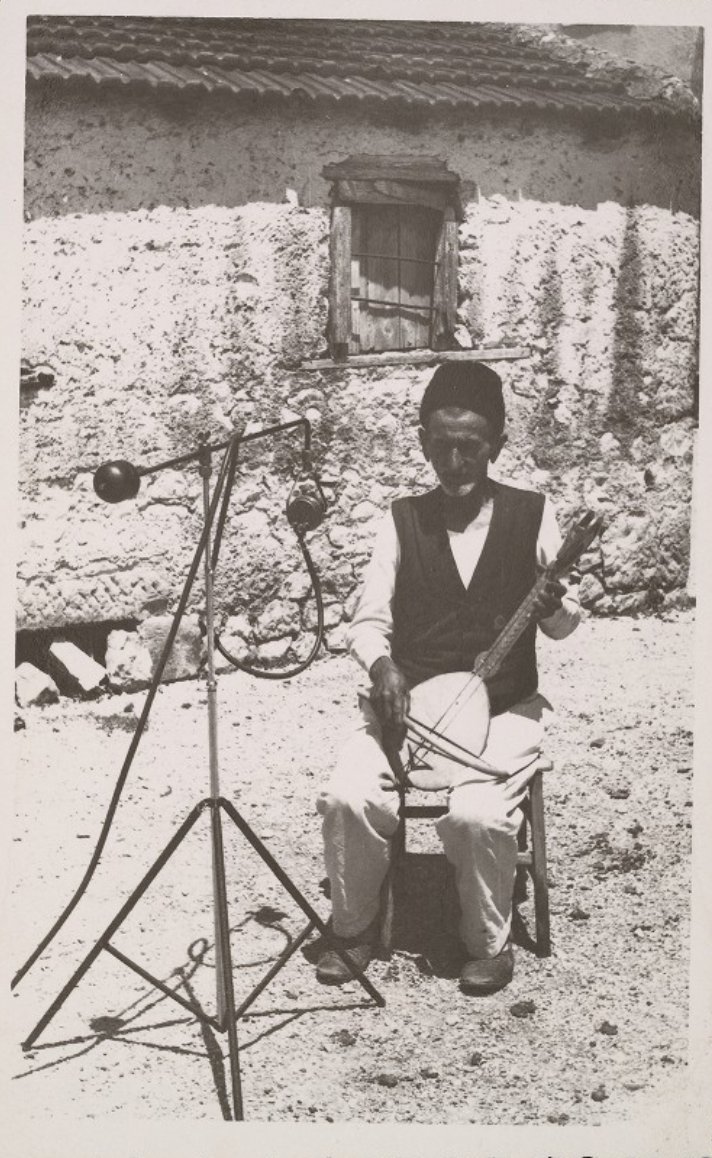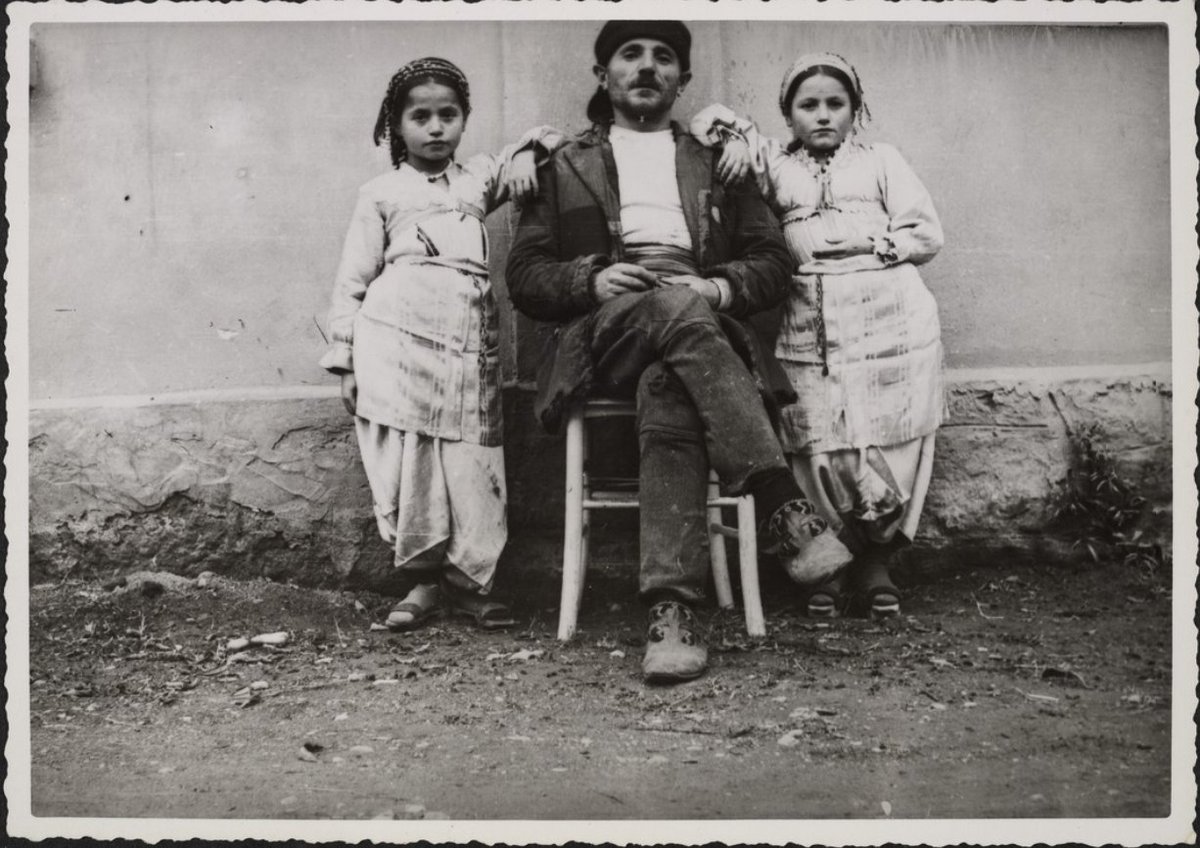In 1933-35, Milman Parry & Albert Lord came to Yugoslavia with 1000s of aluminum disks onto which they recorded oral poetry from waiters, farmers, coffeeshop patrons, village women. Their archive & Lord’s “The Singer of Tales" remain fascinating artifacts.
In 1930s, Parry was a classicist who wanted to shift the debates around Homer & ancient Greek poetry by stressing not content, but the *process* of composing & transmitting poetry. On the advice of Matija Murko, Parry & his assistant Lord went to Montenegro, Serbia, and Bosnia.
Their approach was experimental and dependent on chance encounters in “Turkish coffeeshops”, here described by Albert Lord (in 1935 Parry died in an accident, so the project fell to Lord, who carried on the research and later in 1960 published “The Singer of Tales”).
Instead of pondering the purity or sanctity of “tradition”, Parry & Lord would interrupt their singers to study how they would continue their composition; or ask reciters to translate same epics in diff langs (Bosnian, Albanian, etc); or interview them about their personal lives.
Parry & Lord (+ local guide Vujnović) openly pushed their singers to particular poems & themes. They were keen to draw parallels between ancient Greek & Yugo poets to the point where they wrote about “Homer & Huso” (Husein was a legendary blind singer) https://www.jstor.org/stable/283230?seq=1">https://www.jstor.org/stable/28...
At the same time, it’s important to note how unconcerned Parry & Lord were with the cliched questions of national heritage & pride; they were v aware of communal differences, but didn’t care for Serb/Croat/Bosnian nationalist debates as they sought questions re: form and process.
Their interpretations aside, the resulting fieldwork was massive: Parry & Lord recorded hundreds of hours of materials; transcribed much of the interviews; took photographs of different locales; conducted research over decades that was later published & deposited at Harvard.
Today Parry & Lord are mostly remembered as Homeric scholars (shifting the classic debate to the processes of composition), but their larger work & archive remain strangely untapped, themselves potential sources for new research & questions. Consider:
Historians often note that archives ignore or marginalize the voices of illiterate populations, yet the Parry & Lord archive—flawed as it was in many ways—was trying to preserve such voices, recording their oral poetry as well as background interviews.
From 1935, for example, here are lengthy conversations with Ahmet Mušović, an illiterate singer & landowner (bey) who tells of his two farmers/servants (“one Orthodox & one Muslim”), his two wives, the loss of lands & sheep in 1912-13 Balkan Wars https://curiosity.lib.harvard.edu/milman-parry-collection-of-oral-literature/catalog/30-PN12390">https://curiosity.lib.harvard.edu/milman-pa...
There are the 1935 interviews with Salih Ugljanin, a bilingual (Albanian-Bosnian) singer whose conversations with Nikola Vujnović (Parry’s assistant) are full of local stories, jokes, tensions — including an epic about the Ottoman conquest of Baghdad. https://curiosity.lib.harvard.edu/milman-parry-collection-of-oral-literature/catalog/30-PN656">https://curiosity.lib.harvard.edu/milman-pa...
Then there’s also the photography collection, much of which is viewable here https://images.hollis.harvard.edu/ ">https://images.hollis.harvard.edu/">... (search for Milman Parry or Albert Lord)
So 60 years after “The Singer of Tales” appeared, Parry & Lord& #39;s archive & approach still pose so many interesting questions & points of departure. For more, read:
https://chs.harvard.edu/CHS/article/display/5595
https://chs.harvard.edu/CHS/artic... href=" https://www.hup.harvard.edu/catalog.php?isbn=9780674011076
https://www.hup.harvard.edu/catalog.p... href=" https://air.unimi.it/handle/2434/171692
https://air.unimi.it/handle/24... href=" https://mpc.chs.harvard.edu/symp2010/index.html">https://mpc.chs.harvard.edu/symp2010/...
https://chs.harvard.edu/CHS/article/display/5595
And on April 3, the brilliant artist @damirimamovic releases an extraordinary album of sevdah songs whose title pays homage to these histories & explorations: "The Singer of Tales" — an absolute must listen! http://www.wrasserecords.com/Damir_Imamovi_263_315/biography.html">https://www.wrasserecords.com/Damir_Ima...

 Read on Twitter
Read on Twitter









